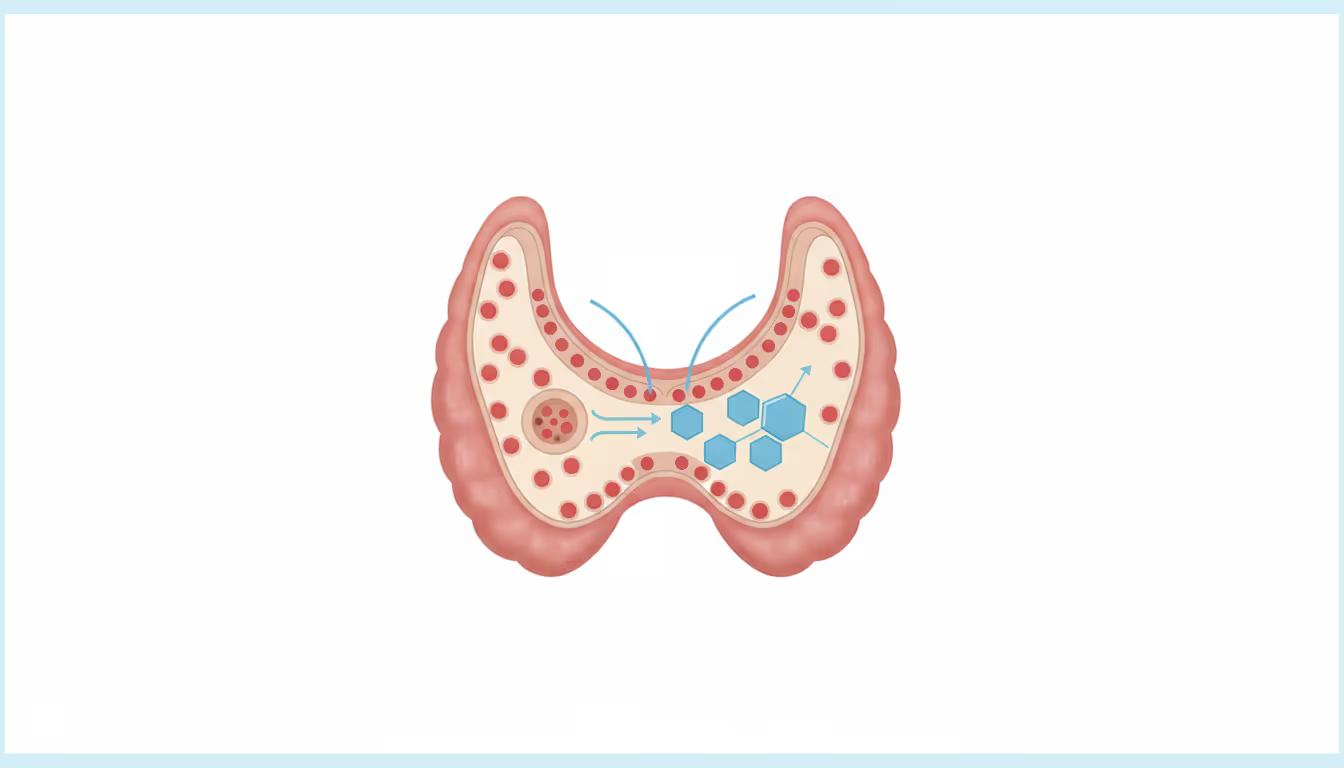
Antithyroid drugs are medications designed to counteract the effects of the thyroid gland. This category includes drugs like carbimazole, methimazole, and propylthiouracil. These medications are primarily used to manage hyperthyroidism, which is the excessive activity of the thyroid gland. They help reduce thyroid overactivity prior to surgery and are also used for ongoing treatment in patients who do not undergo surgery.Carbimazole and its active form, methimazole, along with propylthiouracil, work by inhibiting the enzyme called thyroid peroxidase. This process effectively blocks the production of thyroid hormones.Approximately 30 to 40% of patients who undergo antithyroid drug therapy maintain normal thyroid hormone levels a decade after stopping the medication, indicating that Graves' disease, a leading cause of hyperthyroidism, is in remission.A frequent issue with these drugs is achieving the correct dosage, which can lead to continued hyperthyroidism or even hypothyroidism if not managed carefully. A rare but serious side effect of antithyroid medication is agranulocytosis, a condition characterized by a significant drop in white blood cell count, necessitating the immediate cessation of the drug.




